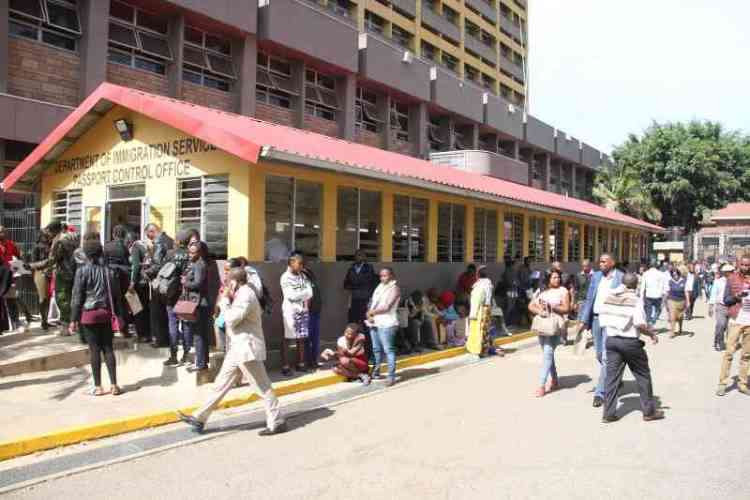×
The Standard e-Paper
Kenya’s Boldest Voice

Long queue seen at the Department of Immigration Services. [Edward Kiplimo, Standard]
Residents of North-eastern Kenya and surrounding counties will now receive National IDs within three weeks as the Government moves to address historical registration challenges.